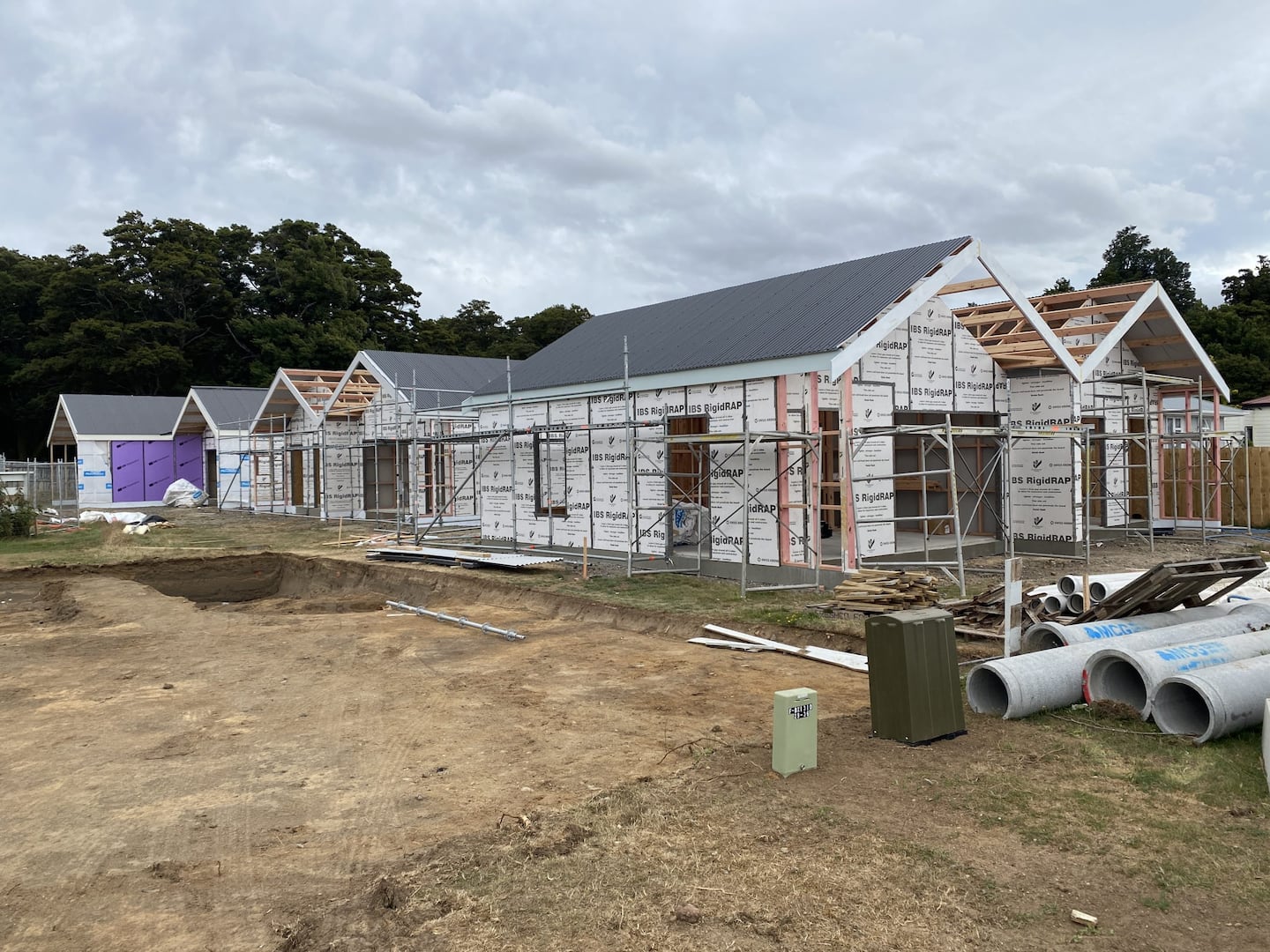A rural council says it is bowing out from financing housing developments despite some people in the region living in unsafe, cold and old houses.
Ruapehu mayor Weston Kirton says his council has no cash to develop much-needed social housing or housing for new factory workers and others.
Kirton is urging the Government to step in to support the sustainability of the region and the rural heartland.
“We don’t have a lot of cash and never have for social housing,” Kirton said. “We don’t have headroom with funding – we’ve reached our maximum debt ceiling because of the water reforms.”
The Government last month announced plans to set ambitious housing growth targets for cities with reforms that include making it easier to expand “up and out” to enable more and cheaper housing.
But Kirton said Government housing policies, criteria and funding needed to zero in on rural areas that were experiencing some of the worst levels of housing deprivation.
“It’s frustrating from a small council’s point of view, where the needs are greater. There is a huge need for housing.
“We have pockets in our area with a deprivation level of 10, the worst. Some people are living in unsafe, cold and old housing stock.”
Housing New Zealand had taken away housing stock about 10 years ago, leaving the district with a limited number of state houses, he said.
“There’s a big need in this district. We will keep badgering central government to provide some state housing so people can stay in the community they desire to be in.”
Kirton said there was growing need for new housing in the district but “no cash to put into new development and trying to grow our community”.
Ruapehu District Council had a strategy and a clear mandate from the community to grow housing stock with external funding.
“We can partner with iwi and other providers, maybe assisting with land. As far as cash is concerned, we need to bow out.
“The ratepayer hasn’t got the will. If we have to factor in housing, we just can’t survive, can’t sustain the interest rates, the level of debt, the annual rates – we struggle to do that on a good day.”
Kirton said the new King Country Pet Food factory just outside of Taumarunui was crying out for staff accommodation and housing was needed for army personnel.
To build sustainable communities, the right infrastructure and good outcomes in health and wellbeing were essential.
“We are seriously disadvantaged in rural areas for transport, education, health – all things that affect the wellbeing of the community. We will remind central government that they need to address that issue. We also have an ageing community and a high Māori population.
“There’s evidence that people in rural areas that are disadvantaged by poverty die earlier than our counterparts in urban areas, and that’s directly linked to poverty.”
Housing Minister Chris Bishop has been approached for comment.
LDR is local body journalism co-funded by RNZ and NZ On Air




